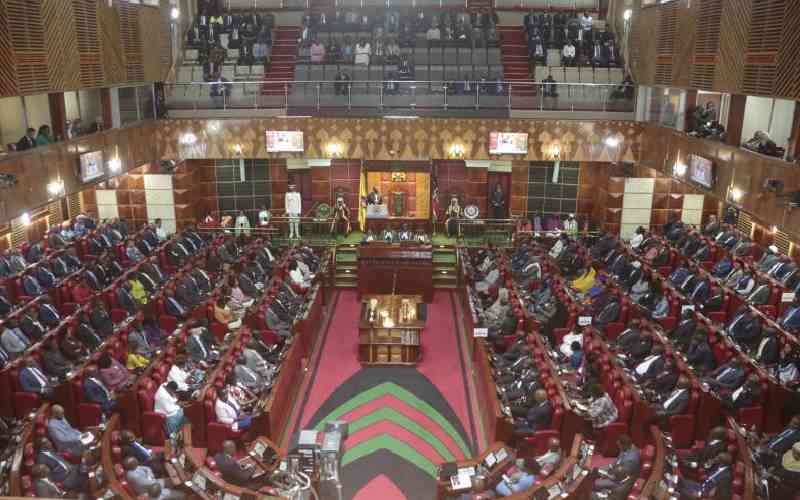×
The Standard e-Paper
Home To Bold Columnists

In keeping with tradition, President William Ruto addressed the inaugural sitting of the 13th Parliament yesterday. The occasion provided the president an opportunity to outline what his government seeks to achieve.
Part of Ruto's commitment was that his government will be fair to all and service delivery will be impartial for despite our political differences, we remain one united country. To ensure the public gets value from his government, the president said the Executive will be receptive to parliamentary oversight.